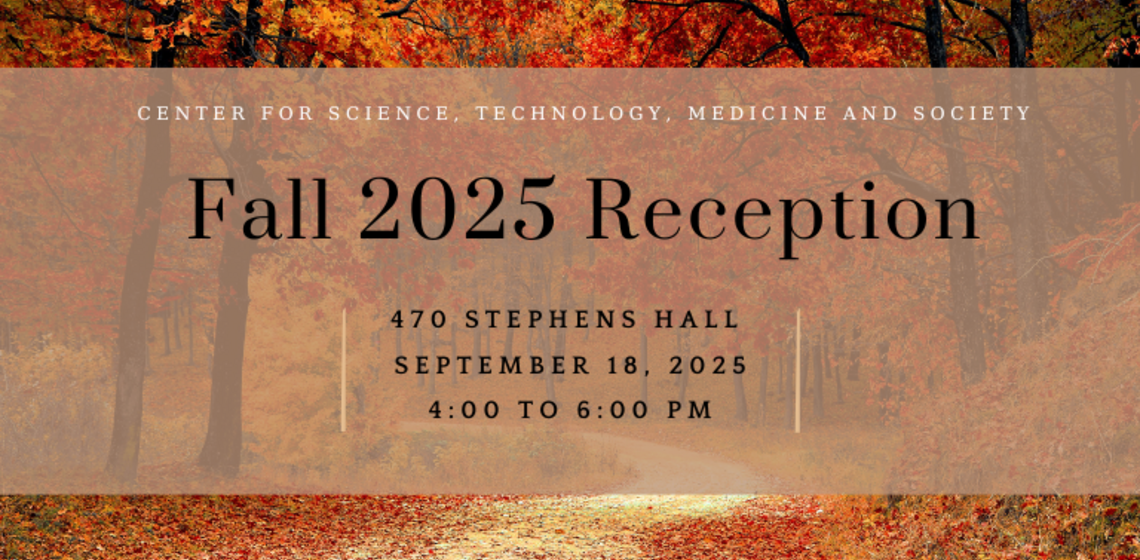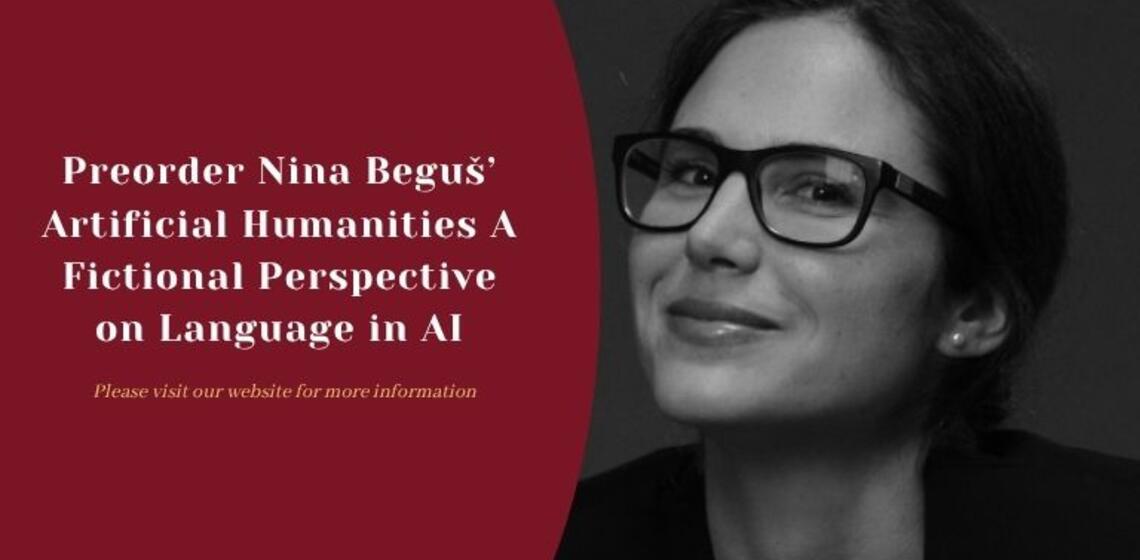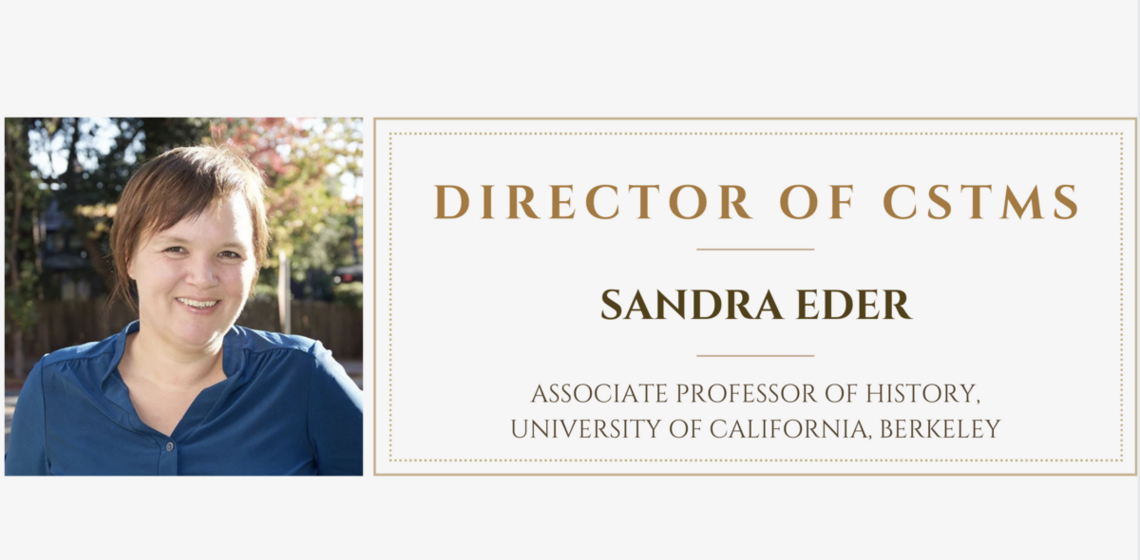University of California, Berkeley

Fall 2025
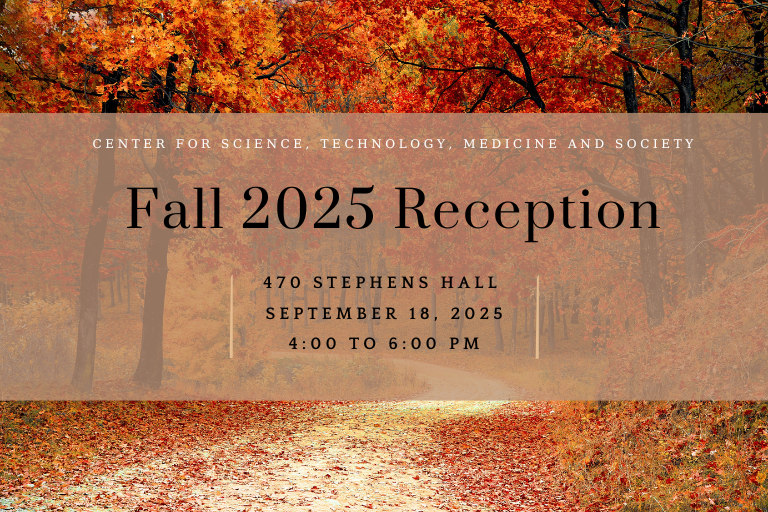
Summer 2025


Spring 2025




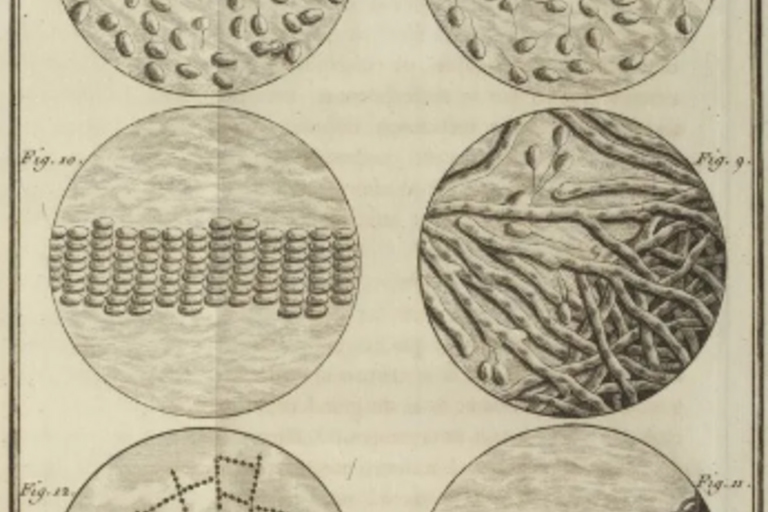
The Biomedical Sources of Rousseau’s Sexual Politics
Colloquium
THURSDAY
24 Apr 2025
4:00 pm - 5:30 pm


Eggonomics: The Global Market in Human Eggs and the Donors Who Supply Them
Non-CSTMS Event
FRIDAY
28 Apr 2025
12:00 pm - 2:00 pm
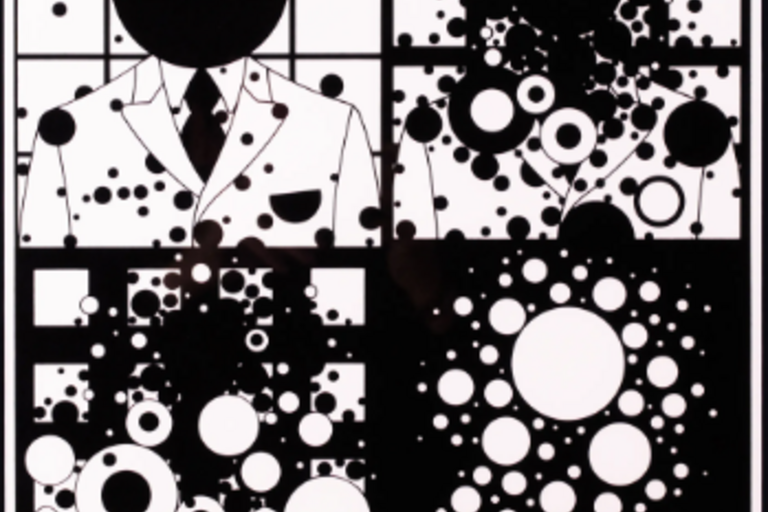
Political Networks: Data Exchange as Revolution from Late Socialism to the Information Age in Eastern Europe
Colloquium
THURSDAY
17 Apr 2025
4:00 pm - 5:30 pm



Fighting to Breathe: Asthma in Black Protest, Activism, and Survival
Colloquium
THURSDAY
3 Apr 2025
4:00 pm - 5:30 pm


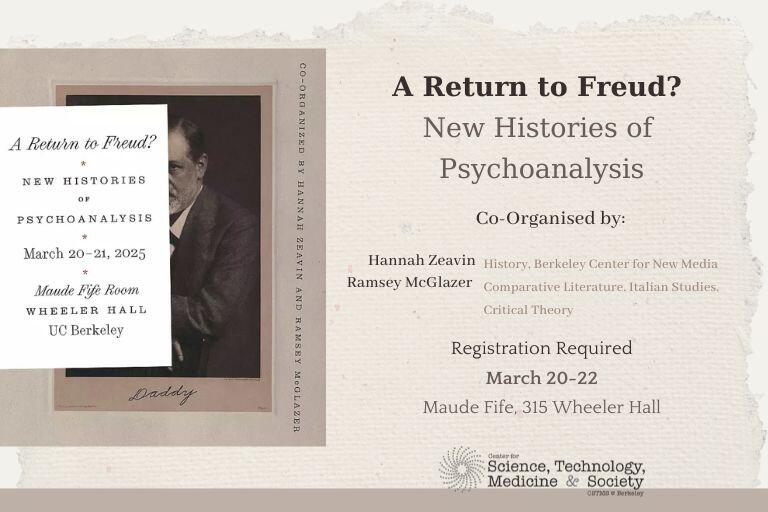

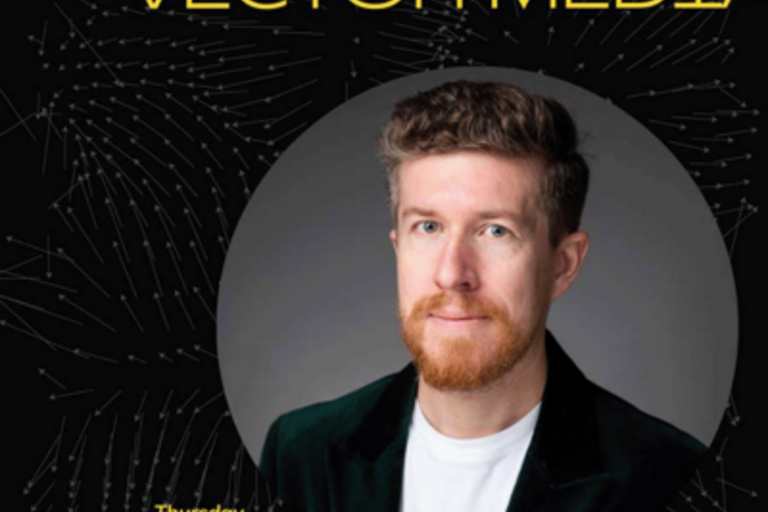


Scott C. Richmond: The Critique of Instrumental Reason Circa 1976
Non-CSTMS Event
THURSDAY
13 Mar 2025
5:00 pm - 7:00 pm





The Medicene. Global Medicine in Late Industrialism
Colloquium
THURSDAY
13 Feb 2025
4:00 pm - 5:30 pm

Baroque Austerity. Hospitals and Healthcare in Neoliberal Spain
Master Class
TUESDAY
11 Feb 2025
12:00 pm - 1:30 pm


Artificial Intelligence and Its ‘Contexts’: Between Ethics and Politics
Non-CSTMS Event
MONDAY
3 Feb 2025
5:00 pm - 7:00 pm

AI and Social Normativity: Rethinking Error, Bias, and Truth
Non-CSTMS Event
TUESDAY
28 Jan 2025
1:00 pm - 5:00 pm

